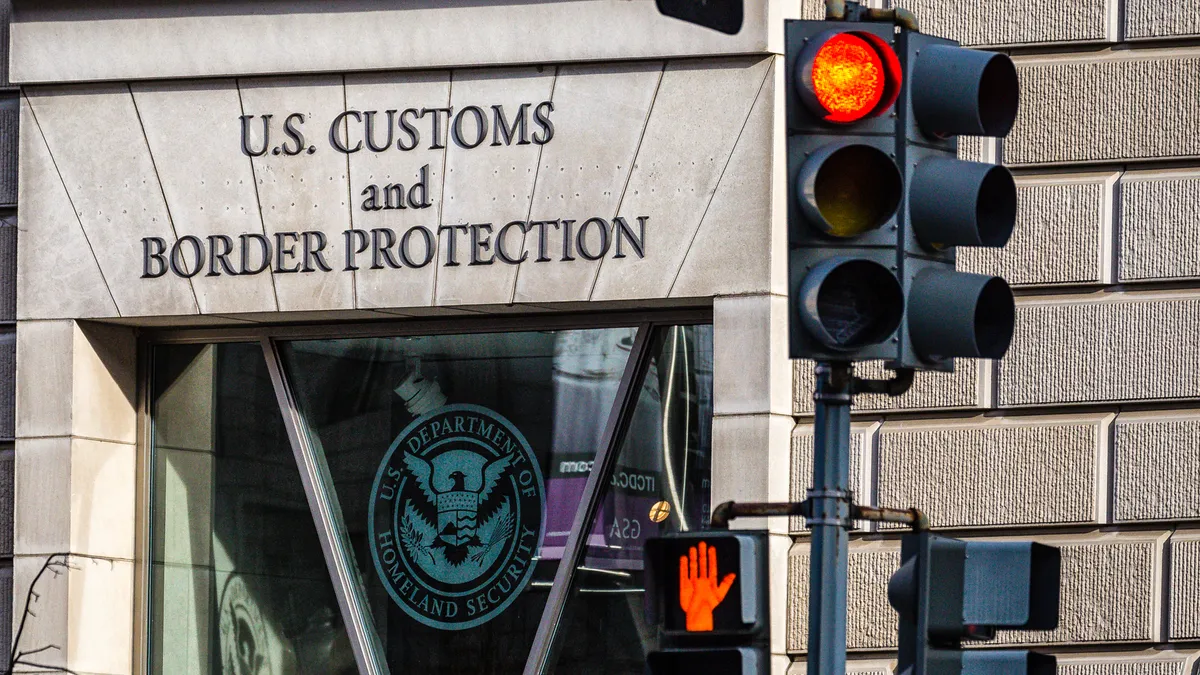U.S. Customs and Border Protection is delaying a change in its trade platform that would automatically reject de minimis shipments once a person exceeds the exemption's $800 per day threshold, according to a Sept. 3 bulletin.
Officials originally planned to deploy the function within its automated commercial environment, known as ACE, to better enforce de minimis eligibility criteria starting Sept. 28, per the bulletin. But the agency said it will delay the automated rejection function until at least February based on input and feedback from the trade community.
"CBP is committed to ensuring that the automation does not negatively impact the efficient flow of goods through U.S. ports of entry," the bulletin said.
The agency will start the transition process early next year. Starting Jan. 11, it will warn ACE filers when a shipment may exceed the $800 per-person daily limit for the de minimis exemption. CBP will deploy the automated rejection function no sooner than 30 days after the warnings begin.
The de minimis exemption allows merchandise shipments with a value below $800 to be imported into the U.S. free of duties and taxes. If a person exceeds that threshold in one day, then none of the shipments imported by the person that day are eligible for de minimis treatment, according to CBP.
While the exemption has helped companies ship products at a lower cost, CBP officials have said the recent surge in de minimis volume has made it more difficult for them to combat illegal substances, counterfeit goods and products made with forced labor from entering the U.S. The agency suspended multiple brokers from a key de minimis import program earlier this year due to compliance risks.
"With the significant and ongoing challenges with respect to enforcement in the de minimis environment, it is critical that CBP continue to craft the ACE development to automate enforcement of the '$800 per person/per day,'" the bulletin said.















